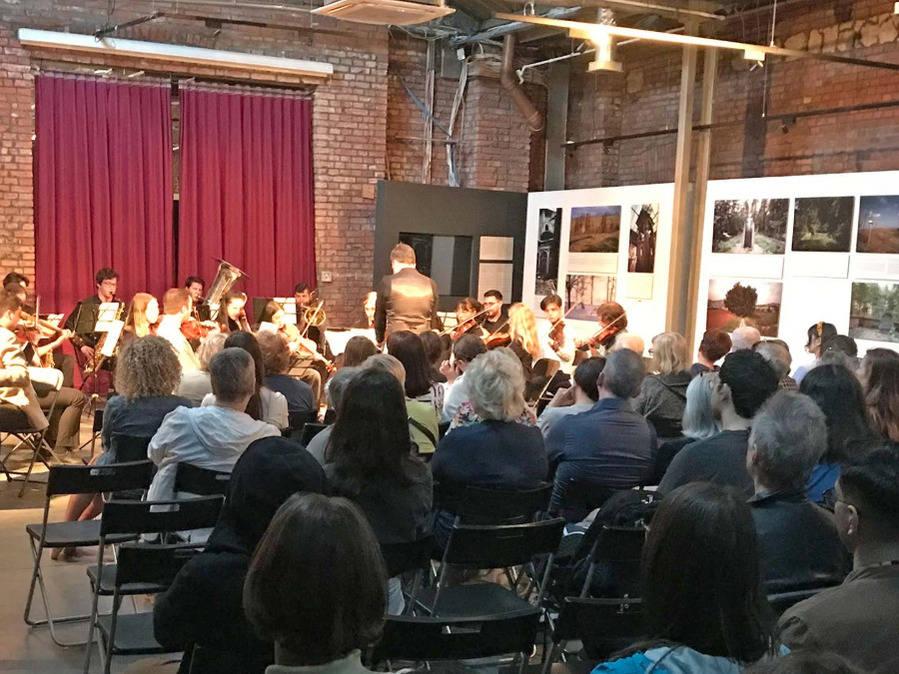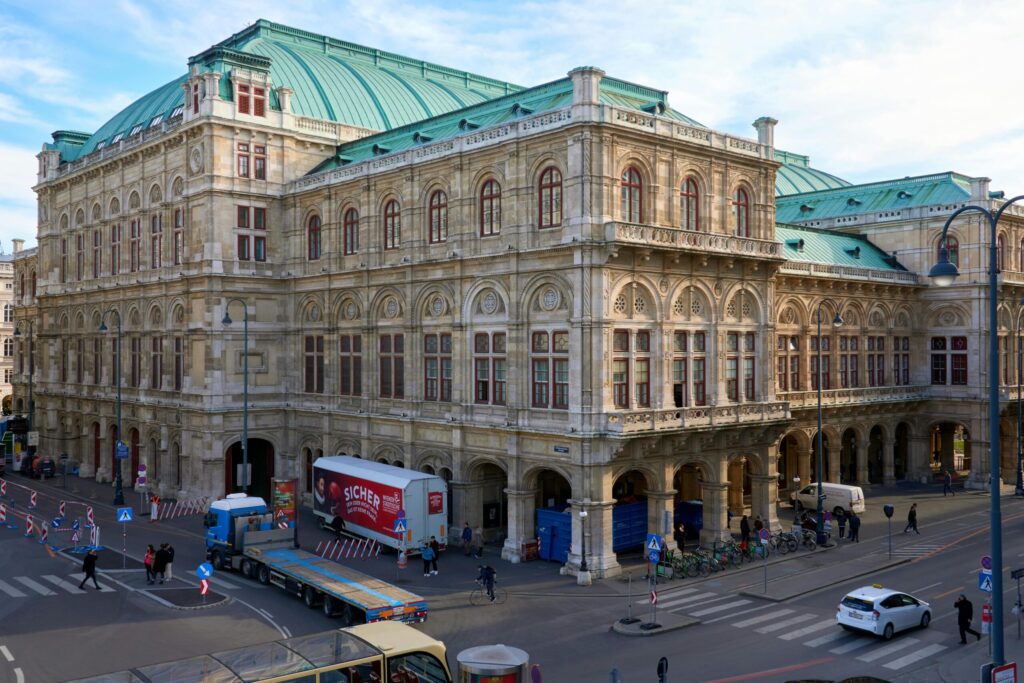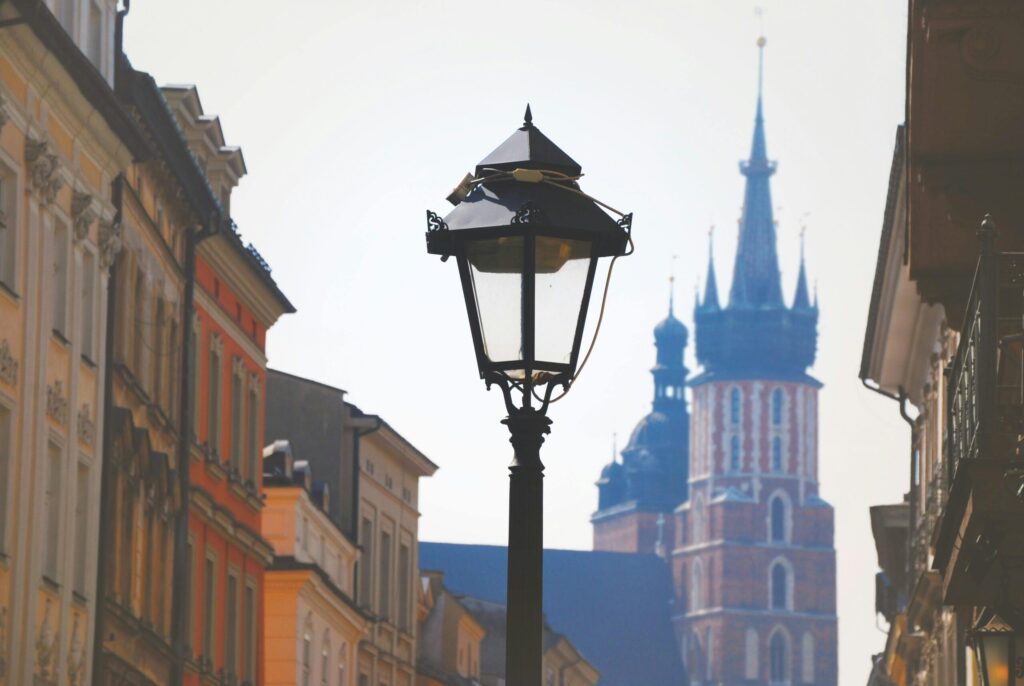AUSTRIA & POLAND
Music from
Auschwitz

Program overview
10
Days
5
Cultural Engagements
24
Students on program
The University of Michigan, Ann Arbor School of Music, Theater and Dance partnered with WorldStrides to create an impactful custom program on the “Music from Auschwitz.” Patricia Hall, professor of music and program leader, created a course based on her extensive research on the music written and performed by imprisoned musicians in the Auschwitz concentration camp and the manuscripts that make up the “Music from Auschwitz” performance by her music students.
“I was incredibly fortunate to witness the important role that live music fulfills providing a medium for performers and audiences alike to express and enjoy their humanity.”
Skyler MacKinnon, Student, School of Music, Theater and Dance
This group of music students traveled to Austria and Poland, gaining deeper insight into World War II history in this part of Europe and the impact that music can have despite the tragedies of war. While exploring Vienna and Krakow, the students were awed by the architecture and culture of these two cities and had the opportunity to see Orchestra 1756’s performance of Vivaldi’s “The Four Seasons” at St. Charles Cathedral.
The program included visits to the Jewish Museum in Vienna and the Galicia Museum in Krakow as well as a tour of the Auschwitz-Birkenau concentration camp. While it was a heartbreaking and difficult tour to bear, it was essential for the group to see the horrifying circumstances these prisoners experienced and how they continued to write and play music for the sake of their humanity. In the Auschwitz archive, the group was able to see some of the original manuscripts and instruments of the imprisoned musicians.


The students performed “Music from Auschwitz” at the Jewish museums in each city. While performing in Vienna was a dream for many of the students, performing in Krakow after seeing Auschwitz-Birkenau was a life-changing moment that the students will never forget.
Skyler M., one of the students on the program, shared his reflections on the program. “I was incredibly fortunate, as a member of the ‘Music from Auschwitz’ Chamber Orchestra, to witness the important role that live music fulfills providing a medium for performers and audiences alike to express and enjoy their humanity, even in the face of the darkest events in recorded history.”